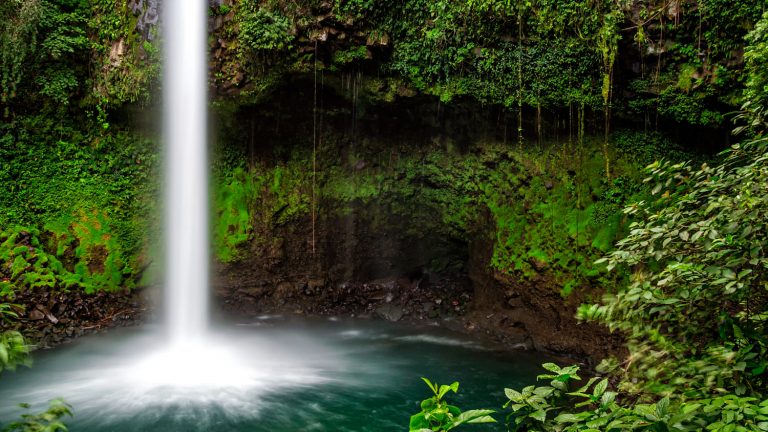
La Fortuna Waterfall
The waterfalls are situated just 5.5 km southwest of La Fortuna Town. You can easily reach the falls by foot,
Europe is a continent located entirely in the Northern Hemisphere and mostly in the Eastern Hemisphere. It comprises the westernmost part of Eurasia and is bordered by the Arctic Ocean to the north, the Atlantic Ocean to the west, the Mediterranean Sea to the south, and Asia to the east. Europe is commonly considered to be separated from Asia by the watershed of the Ural Mountains, the Ural River, the Caspian Sea, the Greater Caucasus, the Black Sea, and the waterways of the Turkish Straits. Although some of this border is over land, Europe is generally accorded the status of a full continent because of its great physical size and the weight of history and tradition.
North America covers an area of about 24,709,000 square kilometers (9,540,000 square miles), about 16.5% of the Earth's land area and about 4.8% of its total surface. North America is the third-largest continent by area, following Asia and Africa, and the fourth by population after Asia, Africa, and Europe. In 2013, its population was estimated at nearly 579 million people in 23 independent states, or about 7.5% of the world's population, if nearby islands (most notably around the Caribbean) are included.
South America is a continent in the Western Hemisphere, mostly in the Southern Hemisphere, with a relatively small portion in the Northern Hemisphere. It may also be considered a subcontinent of the Americas, or America, which is how it is viewed in Spanish and Portuguese-speaking regions of the Americas. The reference to South America instead of other regions (like Latin America or the Southern Cone) has increased in the last decades due to changing geopolitical dynamics (in particular, the rise of Brazil). Its population as of 2018 has been estimated at more than 423 million
Africa is the world's second-largest and second-most populous continent, after Asia in both cases. At about 30.3 million km2 including adjacent islands, it covers 6% of Earth's total surface area and 20% of its land area. With 1.3 billion people as of 2018, it accounts for about 16% of the world's human population. Africa's average population is the youngest amongst all the continents; the median age in 2012 was 19.7, when the worldwide median age was 30.4. Despite a wide range of natural resources, the continent is the least wealthy per capita, in large part due to the legacies of European colonization in Africa and the Cold War. Despite this low concentration of wealth, recent economic expansion and the large and young population make Africa an important economic market in the broader global context.
Asia shares the continental landmass of Eurasia with the continent of Europe and the continental landmass of Afro-Eurasia with both Europe and Africa. Asia covers an area of 44,579,000 square kilometres, about 30% of Earth's total land area and 8.7% of the Earth's total surface area. The continent, which has long been home to the majority of the human population, was the site of many of the first civilizations. Asia is notable for not only its overall large size and population, but also dense and large settlements, as well as vast barely populated regions. Its 4.5 billion people constitute roughly 60% of the world's population.
Oceania is a geographic region that includes Australasia, Melanesia, Micronesia and Polynesia. Spanning the eastern and western hemispheres, Oceania has a land area of 8,525,989 square kilometres and a population of over 41 million. When compared to continents, the region of Oceania is the smallest in land area and the second smallest in population after Antarctica.

The waterfalls are situated just 5.5 km southwest of La Fortuna Town. You can easily reach the falls by foot,
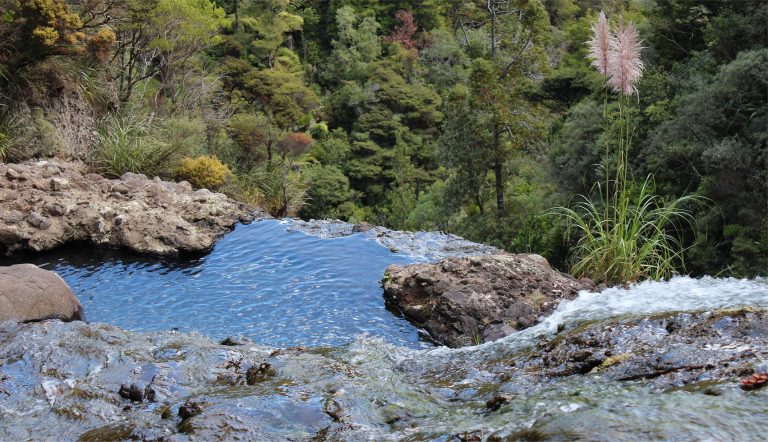
It is a 40 minute drive to Kite Kite Falls from Auckland, where there is plenty of space to park.
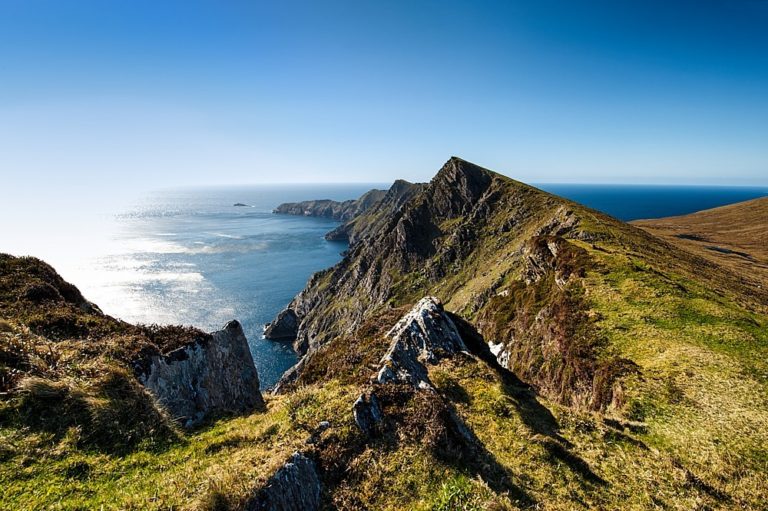
By Car: If you have access to a car, you can take the R319 from Westport and follow the signs
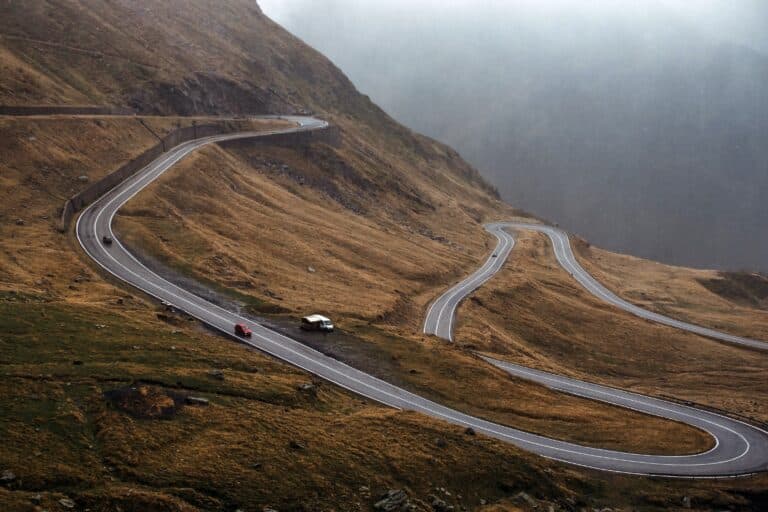
From Bucharest, take a train or bus to Curtea de Arges. From Curtea de Arges, buses and taxis can transport
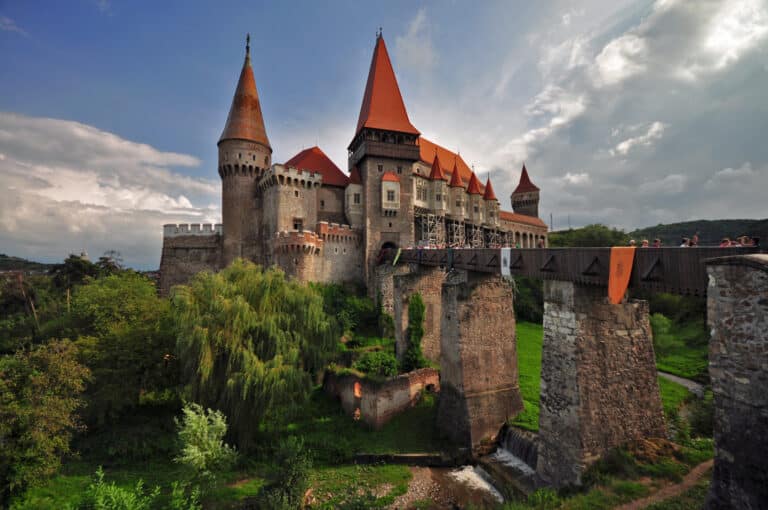
Take a train to Hunedoara, followed by a short taxi ride to the castle. It’s easily accessible by public transport,
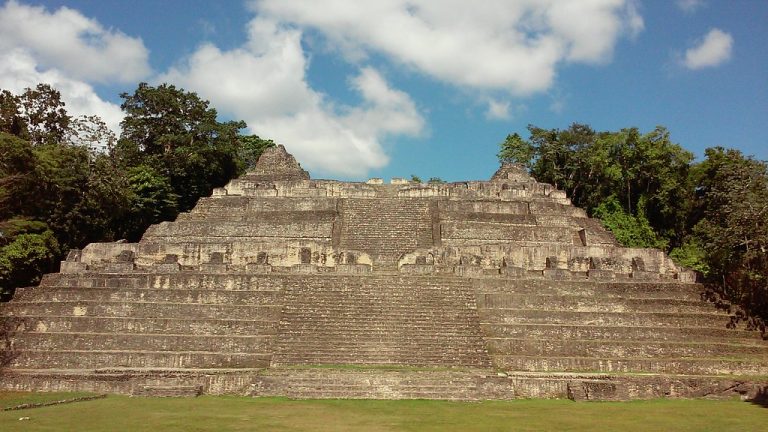
The drive to Caracol Mayan Ruins is relatively easy: the roads leading to it are in good condition, therefore, you
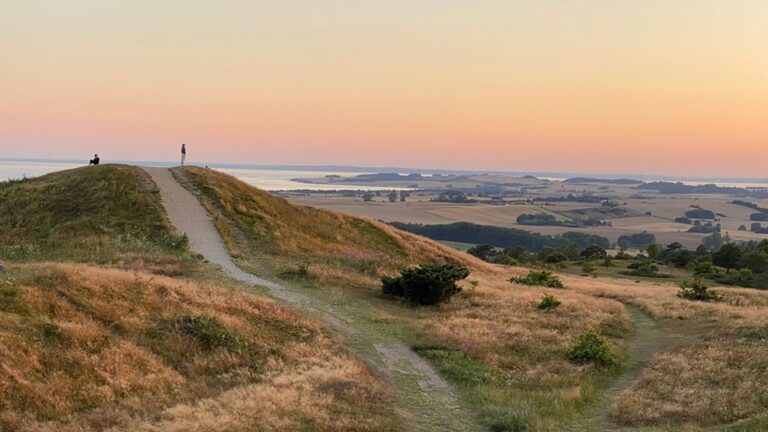
Reach Mols Bjerge National Park via train to Aarhus and connect to local buses for convenient access.
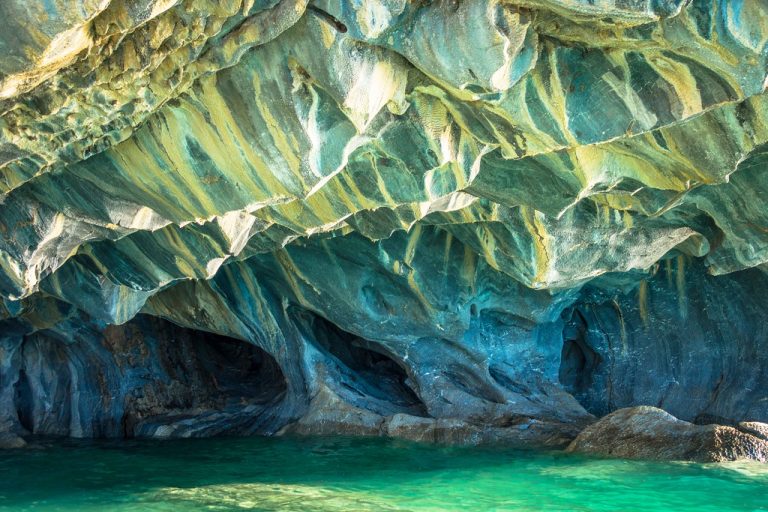
From Puerto Tranquilo jump on a boat or rent a kayak to explore the caves. You can also book a
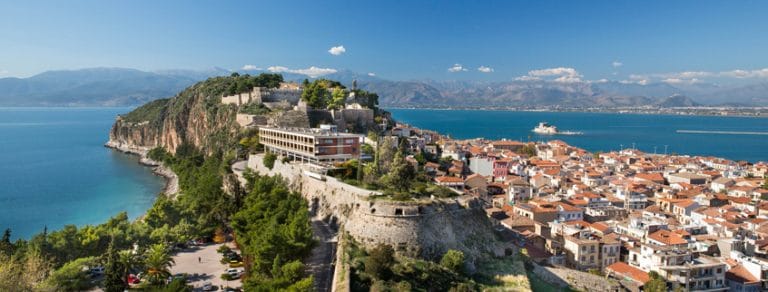
The easiest way to get there is via car or bus from Athens, or by taking a ferry from Piraeus
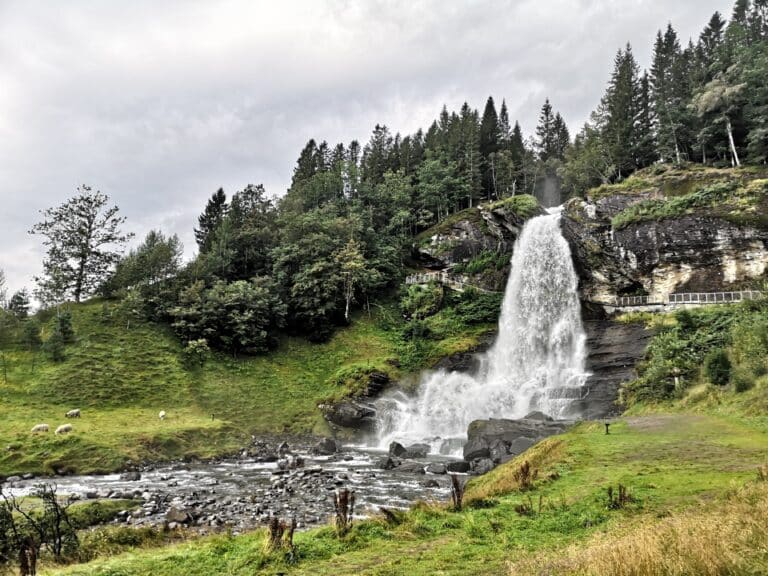
By Car: If you are traveling from Oslo, take the E16 highway to Bergen and then switch to Route 7,
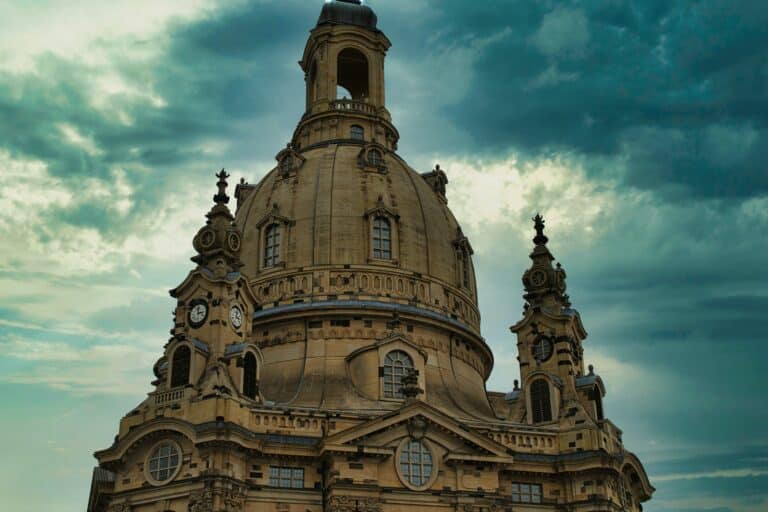
By public transportation: The Frauenkirche is easily accessible by tram or bus. You can take tram lines 1, 2, 4,
A community based on sharing tips and experiences on the different destinations of the world.